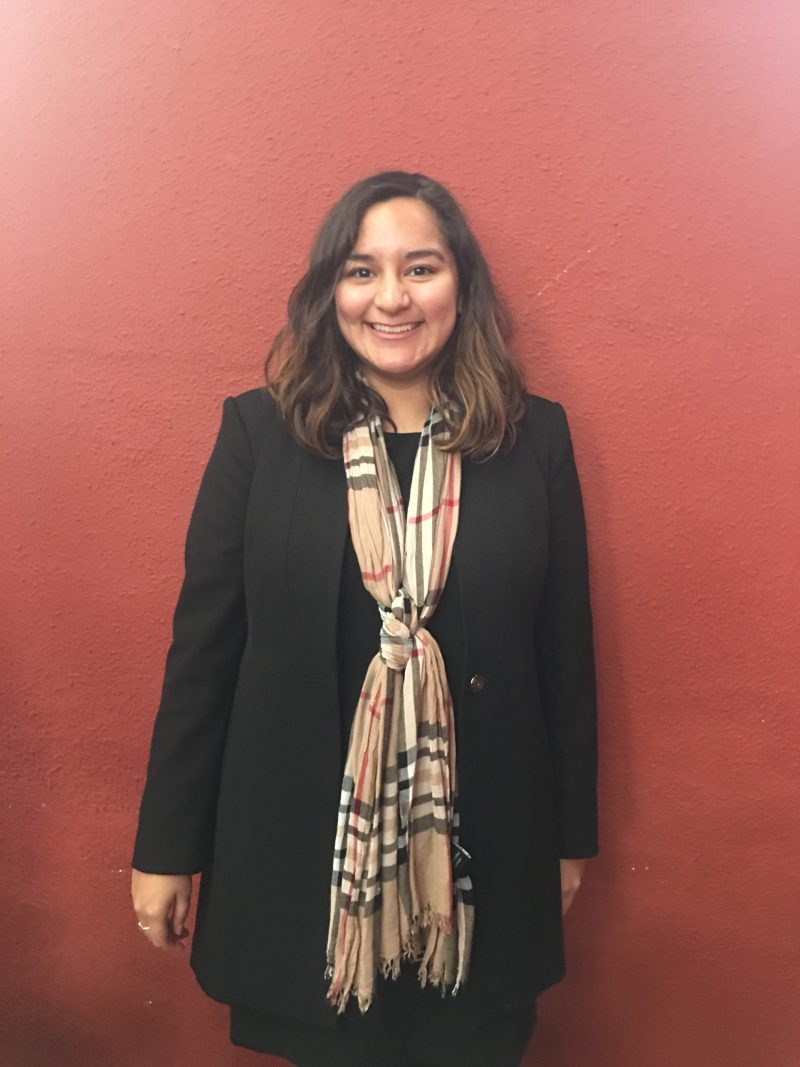Culture shock is something that’s widely talked about and is to be expected by anyone who goes overseas. You’re going to another country with a different culture — possibly a different language — and these differences take some time to get used to. It takes time to get out of the American mentality and adjust to your new surroundings.
I studied abroad twice in Madrid, Spain with Trinity’s summer and fall Spain programs. While I experienced some cultural shocks — eating dinner really late, double kisses when you greet anyone — I did not take long to integrate into Spanish culture, possibly because I grew up in a bicultural home. Because the summer program was seven weeks, I did not necessarily experience culture shock for long.
By the time I started feeling homesick, the program was over, and I got to spend the rest of the summer at home. However, the semester program was different, and that’s when I started experiencing what researchers call ‘the culture shock U-curve.’ Culture shock does not just apply to students studying abroad, it applies to anyone who leaves their home country for an extended period of time.
A web page by the U.S. State Department explains the culture shock U-curve. When a person goes abroad, they experience the ‘honeymoon’ phase where everything is new and exciting, but they start to experience culture shock because they start to realize that their surroundings are very different from what they are used to. Finally, the individual adapts to their new environment abroad.
Culture shock itself is a widely accepted phenomenon, but what happens when you experience culture shock … when you come back home?
This is what I have experienced since I came back — reverse culture shock. Just like with culture shock, there is a honeymoon phase once you get back to the U.S. I was happy to be home; I had missed Mexican food — which was nonexistent in Spain — Chick-fil-A, stick deodorant and over-the-counter medication, just to name a few.
Then, when I came back home, I started to feel the crisis phase. Coming back to Trinity after being abroad was even more difficult than when I first came as a first-year. I was scared and nervous to reintegrate myself on campus because both Trinity and I had changed.
I think that one of the misconceptions of going abroad is that everything will be the same as when you leave, but it is not. I was gone for one semester and it took me about a week to finally start seeing people I knew around campus. It got to the point where I felt I no longer fit in and wanted to go back to Madrid.
Reconnecting with friends has taken time, and although I kept in touch with most through social media, coming back has been interesting and at times overwhelming. One of the worst moments since I have been back was waking up after a Sunday afternoon nap wanting tapas and realizing that I was in the U.S., where there are no tapas. That was a really low point for me, but thankfully I have the Trinity friends from Spain who became like family. Seeing them around campus has been reassuring and made coming back a bit easier.
The purpose of this column is not to discourage anyone from studying abroad. On the contrary, I think everyone should study abroad, whether it’s for a few weeks, a semester or — if you’re lucky — a year. You come back with a greater appreciation for the little things, like stick deodorant and central heating.
Not only do you get to immerse yourself in another culture but you also learn to be critical of your own. While culture shock is to be expected, I believe so is reverse culture shock, and this should be something that is more openly discussed. Everyone copes with being back differently and at a different pace, but this should not be seen as a negative thing.
On the contrary, I think that reverse culture shock is a sign that you fully integrated yourself to your new culture and came to appreciate it just as much as your home culture. For me, Madrid will always be my home away from home, and I am already counting down the days until I go back.






